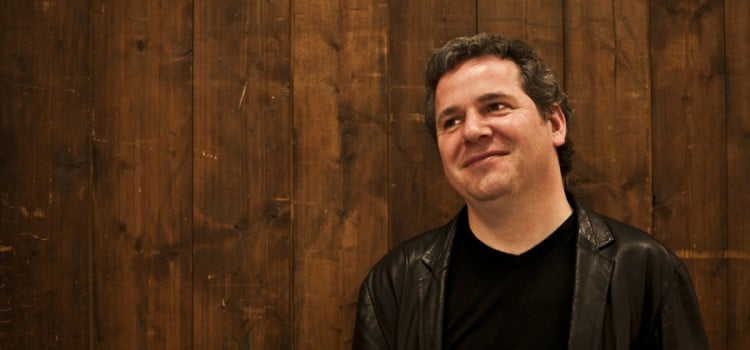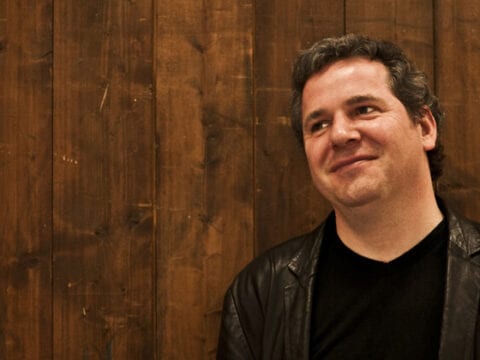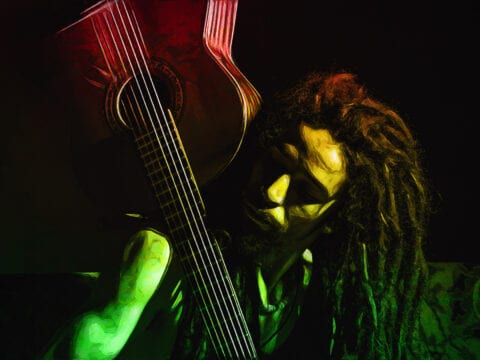
One of the great things about writing songs for the theatre is that, if the playwright or book writer has done their job properly, a major part of the songwriter’s job has already been done before they even set pen to paper.
The songwriter will have a very clear idea of what the song needs to achieve. In terms of developing the story and the character(s), adding comic relief, taking the emotional level of the play up a gear, or combinations of the above and more.
The great director and theorist Lehman Engel once remarked that a song in a stage musical fulfills a similar role to that of a soliloquy in a Shakespeare play. In his wonderful book “Words with Music”, Engel writes:
Indeed the Shakespearean soliloquies, operatic arias, and the best show songs are the outgrowth and climax of much – sometimes everything – that has been said or has transpired in the scene leading up to the “song” – often concluding with it.
Applied Across Different Genres
The same techniques of knowing your characters inside out, of knowing exactly what they have to say and therefore what the song needs to achieve, are not limited to the theatre alone and are clearly visible in some of the best rock and pop songs. I am thinking here of songs like The River by Bruce Springsteen, or The Winner Takes It All by Abba.
In each case, the songwriter knows exactly what situation the song’s protagonist has come to, exactly what they are feeling, and precisely what the song needs to convey. On this solid foundation, the songwriting techniques, including narrative, metaphor, rhyme, and structure stand, and the bedrock upon which these wonderful songs are constructed.
About Julian Wagstaff
Julian Wagstaff is a composer, lyricist, and writer based in Edinburgh, Scotland. His work includes the musical John Paul Jones and the chamber operas The Turing Test and Breathe Freely. He writes and performs rock music under the name Jules Reed.
If you found this article helpful, then you will also like our other article with 33 tips for songwriting.





